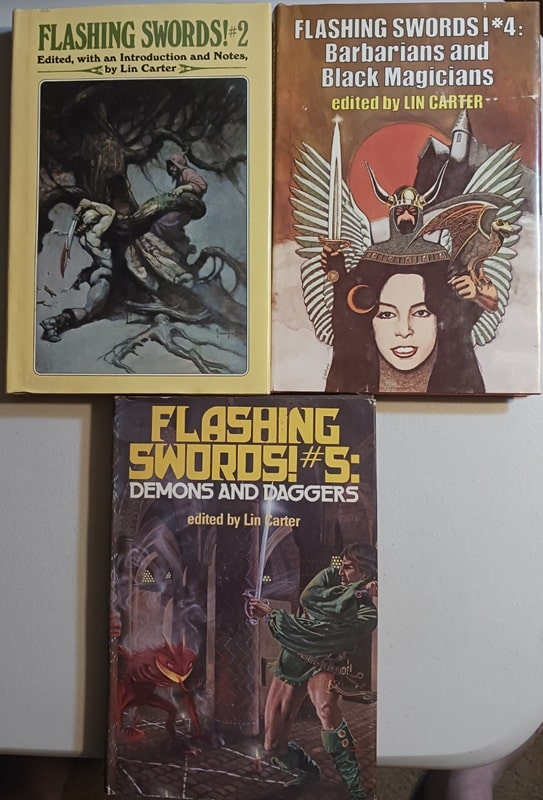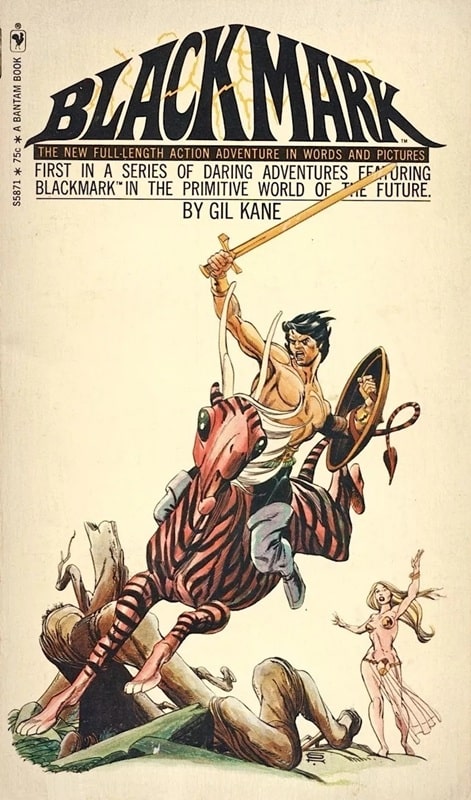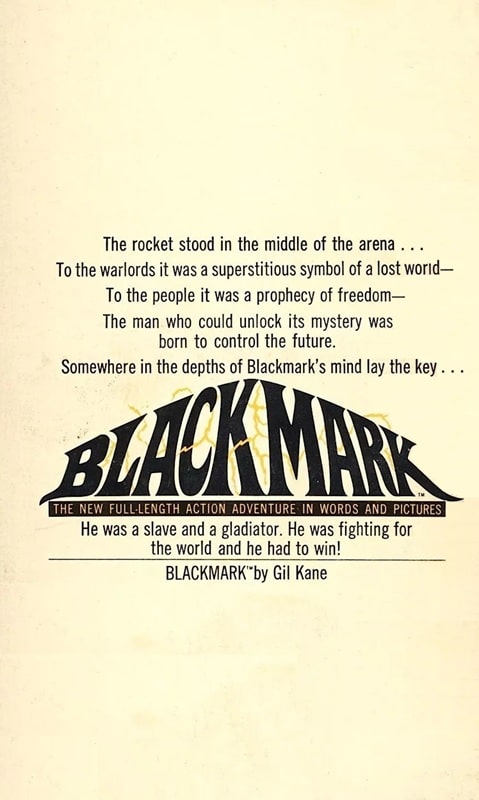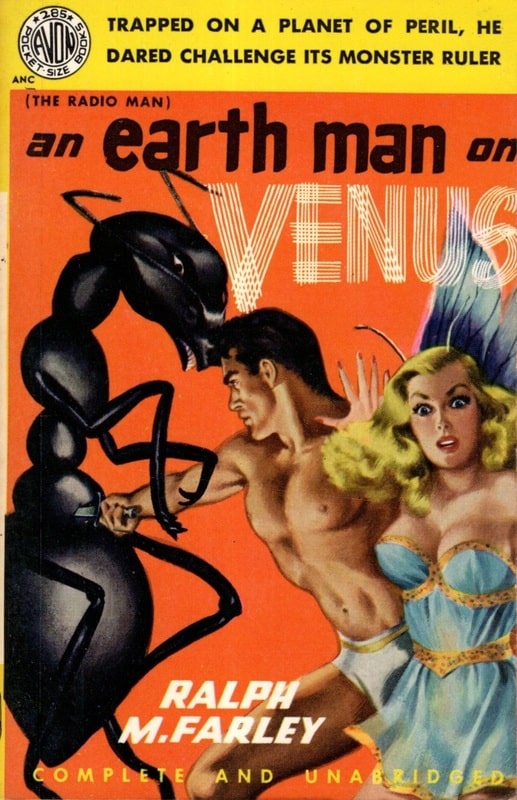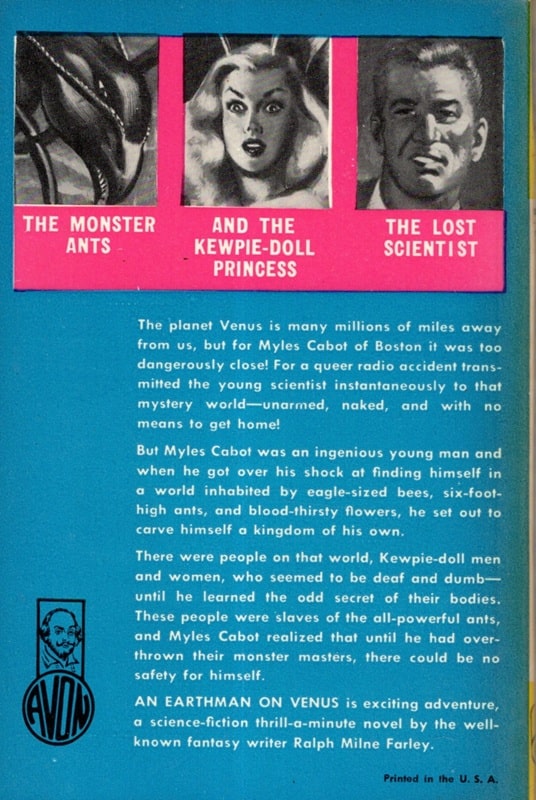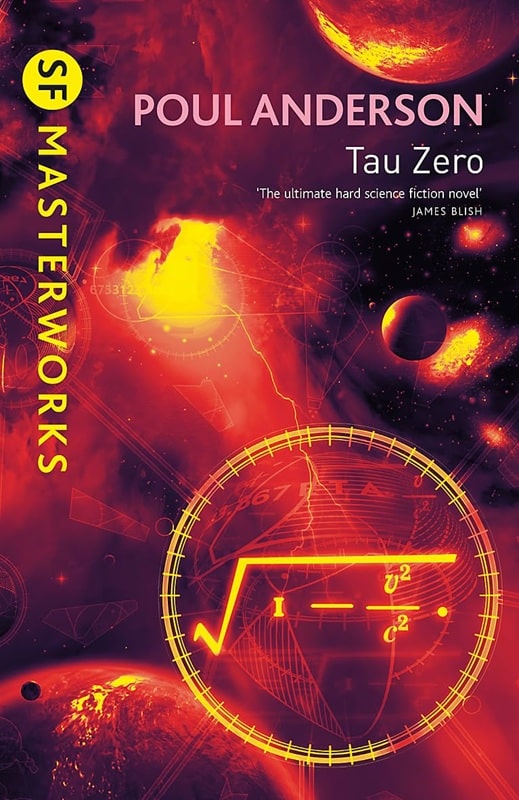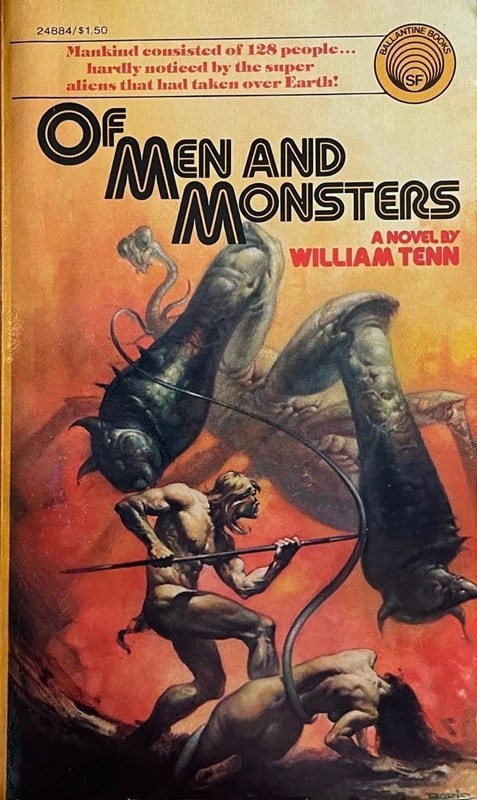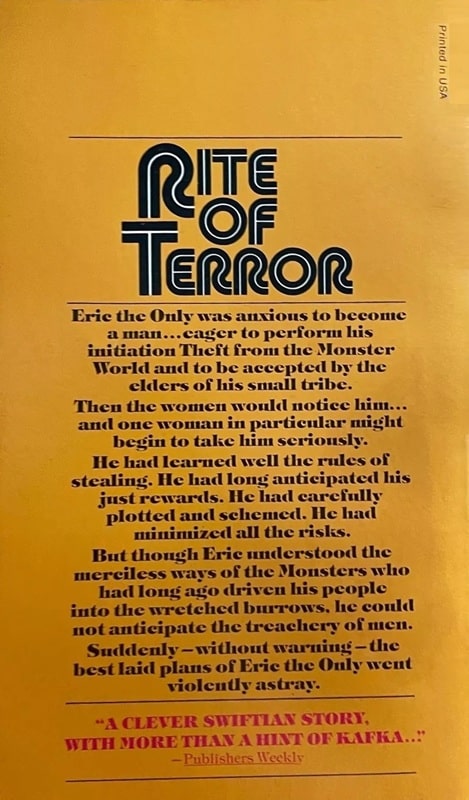Tor Doubles: #3 Brian W. Aldiss’s The Saliva Tree and Robert Silverberg’s Born with the Dead

Cover for The Saliva Tree by Lee Edwards
Tor Double #3 was originally published in December 1988. The two stories included are Brian W. Aldiss’s The Saliva Tree and Robert Silverberg’s Born with the Dead. The volume was published as a tête-bêche, with Les Edwards providing the cover art for The Saliva Tree and Ron Walotsky painting the cover for Born of the Dead.
The Saliva Tree was originally published in F&SF in September, 1965. It won the Nebula Award and was nominated for the Seiun Award.
Set in the mid-1890s, The Saliva tree is the story of Geoffrey Rolles, a young gentleman of leisure in the East Anglian village of Cottersall. His head filled with socialism, he has embarked upon a correspondent with H.G. Wells, one of England’s preeminent socialists of the time. He has also taken an interest in local farmer Joseph Grendon, who has demonstrated his forward thinking ways by installing an electric generator on his farm.

